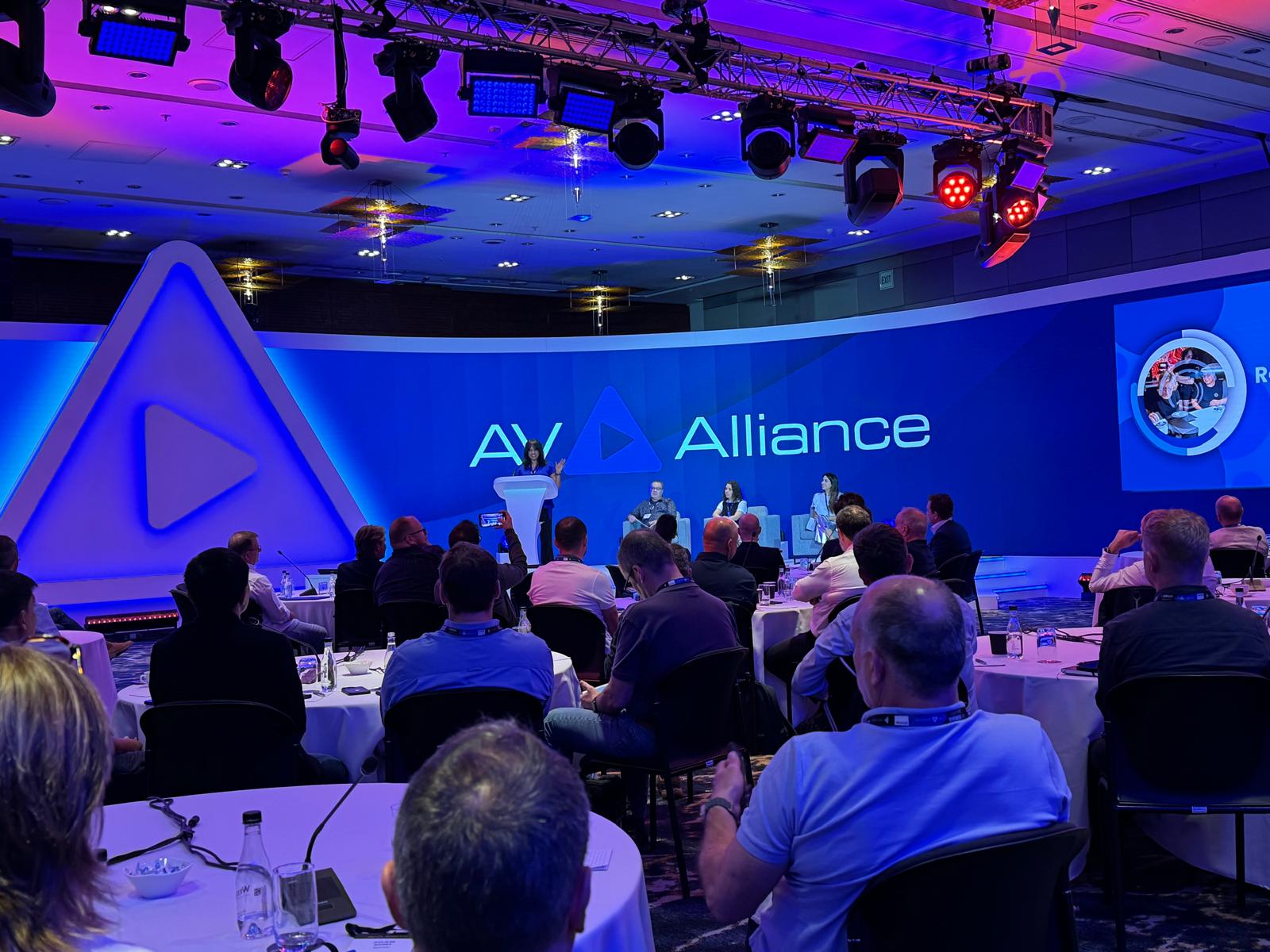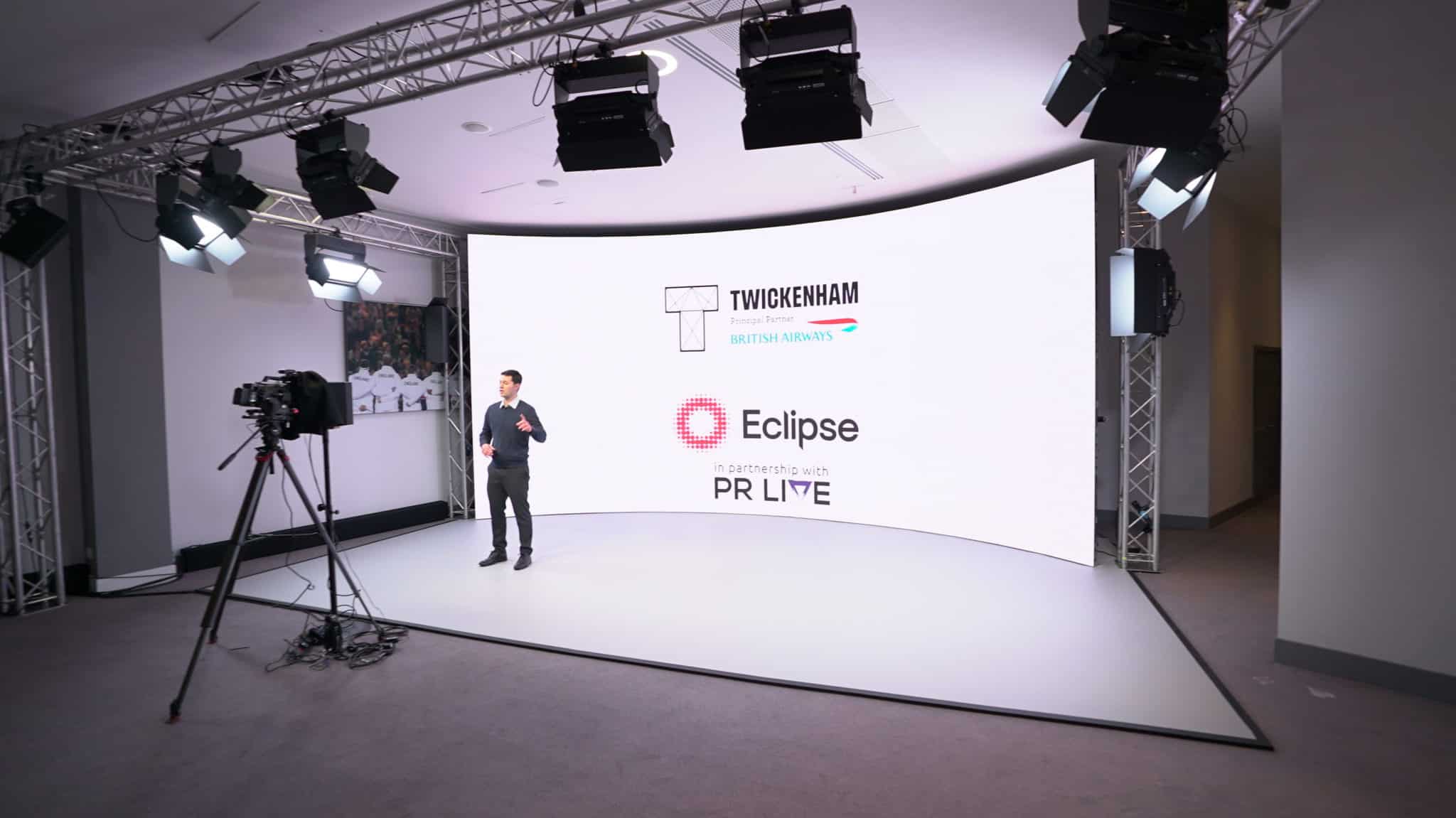Mastering Event Planning: A Comprehensive Guide On How To Plan An Event
Planning an event is an art form that blends creativity, strategy, and meticulous organisation. Whether launching a product, celebrating a milestone, or raising awareness for a cause, the goal of an event is to create an unforgettable experience that resonates with your audience. At Eclipse, our focus extends beyond event planning to creating impactful and memorable experiences for all attendees.
This guide provides a comprehensive overview of the event planning process, from initial concepts to outcomes. You’ll discover the importance of setting clear objectives, the art of managing logistics, and the skill of engaging your audience.
Join us as we take you through the essentials of event planning and equip you with strategies, insights, and tips from seasoned event planners. Whether you’re a novice looking to plan your first event or a professional seeking to refine your skills, this guide is your compass in the dynamic world of event planning. With our expertise, you will learn how to navigate the complexities of event management and successfully transform an event from your vision into a reality.
Key Takeaways
- Defining clear goals and objectives is crucial for successful event planning.
- Assembling a dedicated team is essential for the backbone of successful events.
- Effective branding and marketing strategies are vital for event success.
- Building partnerships and conducting post-event evaluations are key for enhancing future events.
Setting the Foundation for Your Event
Identifying the right objectives is a core part of event planning. It’s about more than just vision; it’s about direction. Therefore, setting objectives should be the first step to building a solid foundation for your event. This involves defining clear goals and objectives, assembling a dedicated team, and establishing a thoughtful budget. We believe this is the foundation for building successful events.
Defining Goals and Objectives: The Starting Point
We’ll walk you through these crucial first steps to kickstart your event planning process. We’ve found that the process of defining goals and objectives usually involves:
- Establishing the purpose of the event
- Identifying the target audience
- Setting measurable event goals
- Determining the desired outcomes
- Setting a timeline for planning an event
This approach ensures we’re always on the right track. Remember, event planning for larger events without clear goals and objectives is like setting out on a journey without a map or destination.
Assembling a Winning Team: The Backbone of Successful Events
Having established the goals and objectives of your past event, we will move on to the critical task of forming a skilled team led by a proficient event planner or manager, crucial for the success of any event.
The event manager’s role is pivotal in defining event planning roles for each team member, ensuring everyone knows their part. For a large event, the team may include roles such as logistics coordinator, marketing specialist, and guest services manager. Each team member’s unique skill set, and expertise all contribute to a successful event.
Budgeting Wisely: Balancing Costs with Quality

When navigating the landscape of event budgeting, we understand the importance of striking a balance between cost-effectiveness and maintaining high-quality experiences. Balancing costs with quality is a crucial part of our detailed event planning checklist and process. Our event planning checklist aids in creating a comprehensive event budget that keeps quality at the forefront of our minds.
- Prioritise goals: Set financial boundaries without compromising the overall experience.
- Detailed financial planning: Anticipate all potential costs.
- Resource allocation: Ensure funds are spent wisely on crucial aspects.
- Regular monitoring: Stay on top of budget changes and adjust accordingly.
- Value for money: Seek vendors providing high-quality services at reasonable rates.
Planning and Execution
So, how exactly do we go about planning and executing a successful event? It all begins with a clear event plan. As event planners, we must fully understand our client’s objectives and create an event management plan tailored to their needs. This includes selecting the perfect event date and venue that aligns with the event’s goals, audience, and theme.
Our organisational templates play a key role in developing a comprehensive event plan. They provide a roadmap, detailing each element of the event from start to finish. This ensures a seamless event flow, so there are no surprises or last-minute scrambles.
We also leverage event technology to enhance the experience. Modern event software and tools help us stay organised, streamline processes, and provide real-time updates. They allow us to create engaging, personalised experiences that leave a lasting impression.
However, crafting a fantastic gathering is just the beginning of the planning process. Strong branding and marketing efforts are essential for promotion, boosting attendance, and generating excitement. We take a creative approach to post-event activities, using impactful strategies that resonate with our target audience.
In short, successful event planning and execution require thorough preparation, effective use of technology, and innovative marketing. That’s how we guarantee success.
Execution and Management

Now, let’s move on to the nitty-gritty: execution and management. This phase focuses on implementing our detailed plans, engaging the audience, and building valuable partnerships.
From ensuring seamless day-of processes to securing winning speakers and entertainment to building a supportive network through partnerships and sponsorships, we’ll tackle everything you need to know to execute and manage an unforgettable event.
Ensuring a Seamless Day-Of Process: From Start to Finish
When it comes to ensuring seamless day-of processes, we believe in the power of meticulous execution and management. As event planners, we’re committed to ensuring that everything runs smoothly and efficiently. Our event management software plays a crucial role in this process.
We ensure a seamless attendee experience through the following:
- Detailed event plans, leaving no room for confusion
- Efficient check-ins, reducing wait times
- Quick problem-solving skills, for any unexpected issues
- Timely updates using our event management software
- Constant communication, keeping everyone on the same page
These two events and day-of strategies are key to the seamless execution of the event. By adhering to these steps, we guarantee an event experience that will be remembered for all the right reasons.
Engaging Speakers and Entertainment: The Heart of the Event
Selecting the right speakers and entertainment is central to the event’s success, requiring careful selection and coordination to ensure a memorable experience. When choosing a keynote speaker, it’s crucial to consider previous events and consider how they align with the current event’s theme and objectives.
We recommend creating a shortlist of potential speakers who can enrich the event experience and foster attendee engagement. It’s also vital to effectively communicate with these speakers, outlining your expectations and providing necessary support. This will also facilitate quality professional relationships with your speakers.
For entertainment, consider activities that reflect the event’s tone and resonate with your audience. Remember, the goal is to create unforgettable moments that leave attendees inspired and engaged. Properly managed, speakers and entertainment can transform your event into an extraordinary experience with a wide reach.
Fostering Partnerships and Sponsorships: Building a Support Network
Building a robust network through partnerships and sponsorships is a vital cornerstone in the execution and management of successful events. These relationships provide financial support and bolster our event and brand, reflecting our values to our audience.
To foster these partnerships and build our support network, we: Identify potential partners that align with our brand values Develop a compelling event marketing strategy to attract sponsors Nurture relationships with our sponsors for long-term partnerships Leverage partnerships to enhance the event’s visibility and reach * Continually communicate with sponsors, valuing their input and feedback
Post-Event Strategies

After wrapping up a successful event, the real work begins with effective post-event strategies. Our post-event review is a critical post-event activity that helps us measure an event’s success against key metrics. The process starts immediately after an event concludes. We collect data and feedback from attendees, sponsors, and staff. We listen attentively to their views and suggestions. This valuable information helps us understand what worked well and what didn’t.
Next, we thoroughly analyse this feedback to identify trends and common issues. We then use these insights to improve future events, ensuring each one is better than the last. If attendees loved a particular speaker or session, we might invite them back for future events. If there were logistical issues, we’d work to fix them for the next event next time. Ultimately, by analysing these metrics, we can identify strengths and areas of improvement to optimise future events.
Future Trends in Event Planning
While we’re always refining our techniques based on feedback, we’re also excited to embrace future trends and innovations in event planning. Excelling in event organisation requires us to keep pace with technological advancements and evolving social trends. We’ve noticed some future trends in event planning that we can’t wait to incorporate into our work.
- Sustainability: More clients are requesting environmentally friendly events. We’re looking for ways to reduce waste and utilise sustainable resources.
- Event Software: Event software is revolutionising how we manage registrations and gather feedback, making the organisational workflow smoother. It’s also making large events more manageable.
- Social Media Channels: Social media transcends its promotional role, serving as a platform for engaging attendees throughout the event lifecycle.
- Virtual and Hybrid Events: Advances in technology enable us to merge live and digital aspects, fostering a more accessible and inclusive event environment.
- Personalisation: Attendees want unique experiences. We’re finding ways to personalise events to meet individual preferences and expectations.
As we move forward, we’re excited to utilise these trends to provide the best event planning service possible.
Crafting Memorable Events: Your Path Forward
To summarise, we have outlined key aspects of successful event planning and Eclipse’s commitment to creating exceptional event experiences. Mastering event planning is a multifaceted process and requires a detailed understanding of all the components that contribute to a successful event.
Eclipse has always been at the forefront of this endeavour; we are strongly committed to excellence in every facet of event planning. We’ve shown how we leverage cutting-edge technology, incorporate personalised experiences, and hold a deep understanding of our client’s needs to deliver events that consistently exceed expectations.
We hope that this event page and guide have provided you with valuable insights and strategies that you can use in your event-planning journey and that it has inspired you to strive for nothing less than excellence in all your future events.







